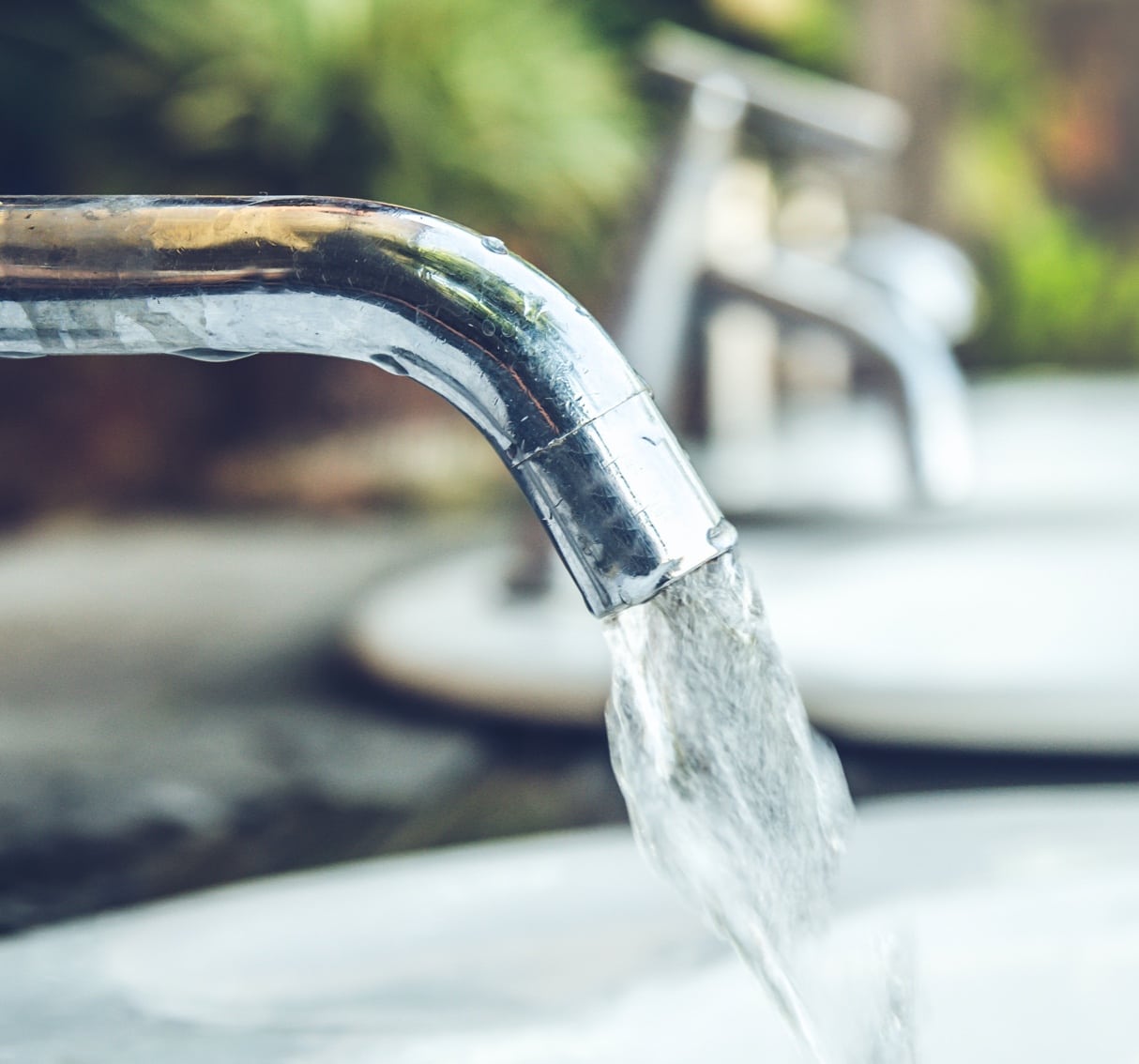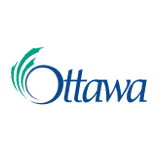About the City of Ottawa
The City of Ottawa in Ontario, Canada, delivers safe drinking water to a population of just over 850,000. Managing two surface water treatment plants and five groundwater well systems, it is extremely important to the City to ensure the integrity of their data and to comply with regulations.
Following the E. coli outbreak in Walkerton, Ontario in 2001, the City of Ottawa knew that it was time to embrace technology and to adopt a system that could manage their data in a secure location. Today, the City of Ottawa’s data input and collection process includes over 100,000 test results per year from a number of different sources, and it makes use of both internal and external labs to push data into WaterTrax. Remote operators also collect samples from over 55 water distribution sites and customer homes that are entered into the WaterTrax system.
The Challenge
Before adopting WaterTrax, the City of Ottawa was recording their data on hard copy log sheets and spreadsheets, and they were not able to capture metadata associated with their samples. As a result, it was almost impossible to pull together historical records, and attempts to do so were often filled with errors and sometimes even inconclusive. It difficult for the City of Ottawa’s staff to use data to make operational decisions or to optimize processes and treatment solutions.
Data quality issues were also a problem. Gwyn Norman, Water Quality Data Analyst at the City of Ottawa, explained, “It was difficult for us to be certain of the accuracy of our data because we often found errors in results and summary statistics. This caused uncertainty as to whether we were out of compliance or hitting exceedances in health limits until an actual problem existed.”
“At the City of Ottawa, we’re always looking to aim higher and to continue to improve. Using our monthly reports in WaterTrax, we can keep an eye on lead, disinfectant byproduct, and pH levels, among others, which helps us ensure good water quality for our customers. We also use WaterTrax to look at our data on a daily basis and analyze trends over time to optimize our treatment process and achieve financial savings.”

The Solution: WaterTrax
In 2005, the City of Ottawa implemented WaterTrax to improve their internal processes, use their data to make decisions, and to gain data transparency. “Essentially, we needed a way to better meet our customers’ needs and legislative requirements, and we found that with WaterTrax,” explained Gwyn Norman.

Making Decisions Based on Data
With WaterTrax, the City of Ottawa is more capable of completing both internal and external reports, including reports required by legislation and city council. “WaterTrax has given the City of Ottawa the opportunity to do more review and analysis,” explained Gwyn Norman. “Because we have our information so easily accessible and ready to go, the reporting process has become much easier.”
The City of Ottawa completes a number of monthly reports with WaterTrax, including disinfection byproduct, public health fluoride, and production reports. WaterTrax includes report templates that make reports simple to set up, allowing the City of Ottawa to easily draw conclusions from their data. In addition, all of the data needed to complete these reports are centralized in WaterTrax, readily available to query and for further analysis.
The data from reports are also used by the City of Ottawa to monitor certain processes. “For example,” explained Gwyn Norman, “we change out the granular activated carbon columns, which have a high organic content, in one of our groundwater systems every 6-8 months. Having this data accessible at my fingertips, which has come in from the lab, makes my life so much easier. I can quickly understand what’s going on with that process and if we’re getting close to having to change out the carbon. This allows us to place the order for a replacement when it’s needed.”
The word integrity is key. It’s very important to us that we’re reporting the correct information in order to make the right decisions. WaterTrax allows us to store our data in a single, secure environment that is easily accessible by those who need it but where data cannot be deleted. WaterTrax has also allowed us to better QA/QC our data, and when there’s a problem, we can easily flag, add comments, and choose to include or exclude that data from our reports.

Planning for the Future by Leveraging Historical Data
Having a continuous timeline of historical data has been very important to the City of Ottawa. “Before, we had to pull out one spreadsheet at a time,” explained Gwyn Norman. “Now, with the data all in one place, I can easily jump back 5 or 10 years’ worth of treatment and distribution data and see what our source water was doing. This allows me to also get an idea of how we can improve our water quality and delivery to customers.”
From the reports in WaterTrax, Gwyn Norman and her team are also able review summary statistics and metadata, and are able to quickly see if they are sampling the correct locations and meeting customer needs.

Ensuring Compliance
At the City of Ottawa, multiple groups are responsible for data collection and water quality testing. “We are really driven by ensuring that we are compliant and we are inspected quite regularly,” explained Gwyn Norman.
“Without our data being centralized in WaterTrax, it would be very difficult to know whether we’re compliant or even to ensure that our data are of good quality. However, with WaterTrax, all data is centralized and I can keep an eye on it. I know immediately if there are missing data or if we are out of compliance. Then I can fix that issue right away.”
At the City of Ottawa, we’re always looking to aim higher and to continue to improve. Using our monthly reports in WaterTrax, we can keep an eye on lead, disinfectant byproduct, and pH levels, among others, which helps us ensure good water quality for our customers. We also use WaterTrax to look at our data on a daily basis and analyze trends over time to optimize our treatment process and achieve financial savings.

Results
As a result of implementing WaterTrax, the City of Ottawa has realized many benefits, including improved reporting processes and the ability to make more informed decisions. These benefits have, in turn, helped them to provide better water quality for customers, optimize their treatment processes, and achieve financial savings. Thanks to WaterTrax, the City has also been able to improve their data integrity. “It’s very important to us that we’re reporting the correct information,” explained Gwyn Norman. “WaterTrax allows us to store our data in a single, secure environment where data cannot be deleted. WaterTrax has also allowed us to better QA/QC our data, and when there’s a problem, we can easily flag, add comments, and choose to include or exclude that data from our reports.”
Solution Highlights
-
Ensuring Compliance – once data are entered in the centralized location, they are verified against the built in jurisdictional standards database, which let staff know of any potential violations.
-
Data Consolidation and Integrity – data is centralized in one secure location where data cannot be deleted. Database is not limited in terms of number of rows.
-
Flushing Out Bad Data – with flagging functionality, bad data can be excluded or included in reports. Comments can also be added to data to explain why they were flagged.
-
Using Data to Make Decisions – WaterTrax provides a timeline of data for the whole system, and gives staff the ability to access historical data quickly and easily. With reports, staff can then visualize trends on specific parameters in certain areas.
-
Proactive Preventative Maintenance – staff are able to use data to determine when maintenance is needed, for example, when to replace their granular activated carbon columns.

